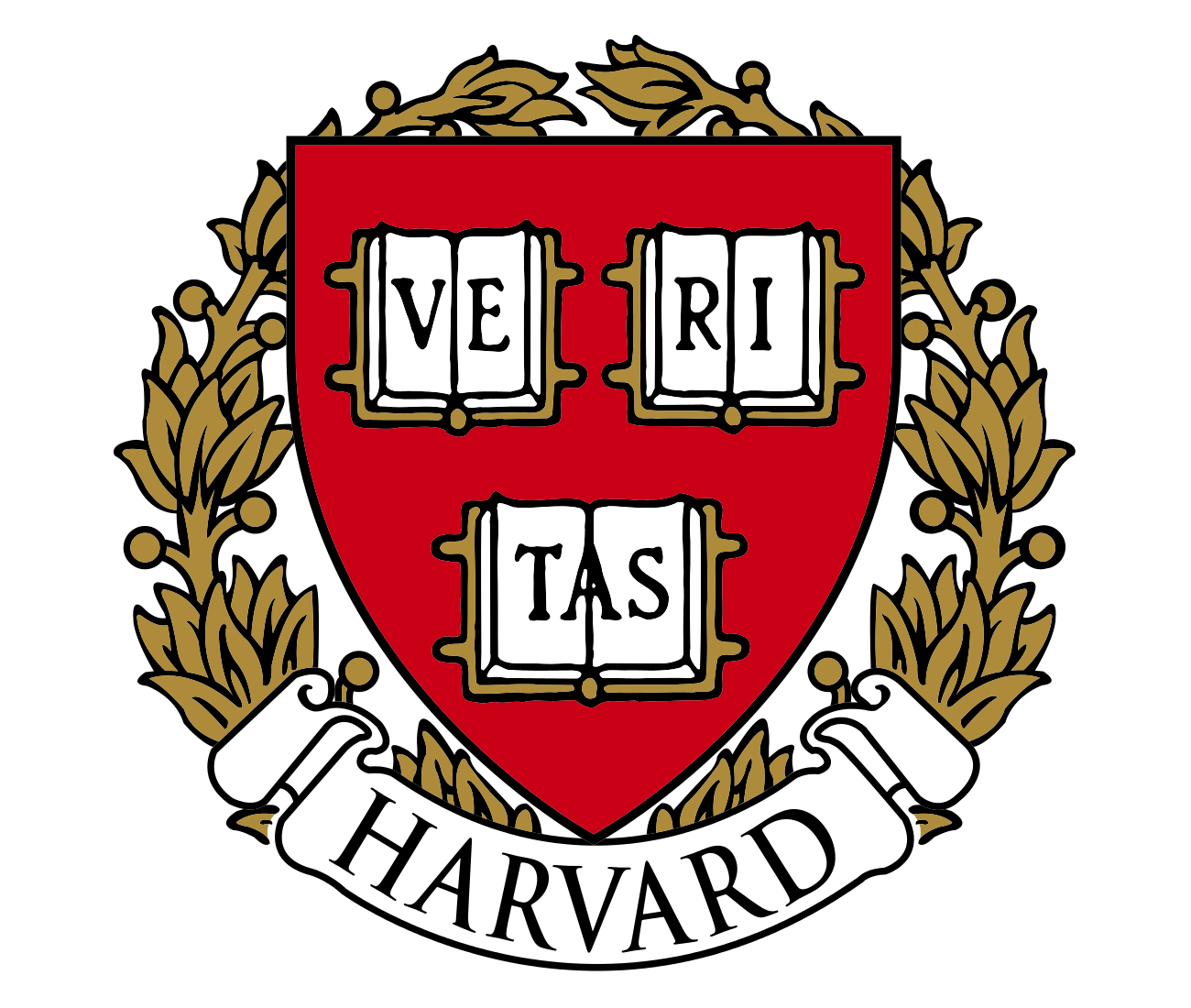Markus Kupferblum
Theater and Politics: Productions and Audiences in the German Speaking World
Time: 25 April 2024, 4pm
Venue: Harvard University, Mahindra Humanities Center, Barker Center, Room 133

Émile Durkheim said “the rituals of humanity confirm and reinforce the positive values of society.” Humans need stories to reflect on their own lives — good and bad, exciting and boring, beautiful and repulsive. This is why the director Peter Brook said that “with its persistent ‘Why?’ and ‘How?’ good theater emanates a healing power for society.” Theater as a ritual and a sensual way of storytelling always had a strong impact on individuals and communities, especially in times when it was the only way to realize stories visually.
Today, however, theater has lost much of its influence, since television, the internet, and streaming services deliver innumerable stories and impressive visual productions into the pocket of anyone with a smartphone. Theater was a crucial tool of the Enlightenment in Germany, where dramatists like Lessing, Goethe, Schiller, and Brecht used it to address political situations and conditions, but it has suddenly lost its perspective, and the days of its revolutionary potential seem to be gone forever. Theater has surrendered to digital supremacy, forgetting to reflect on its strengths: the sensuality and the truth of the moment.
There are ever fewer theatergoers, even fewer following the pandemic, and those remaining belong to an increasingly narrow social stratum. Why? Is theater simply boring? Does it answer questions relevant to contemporary society? Can it contribute anything meaningful to our 21st-century world? Does it identify and meet the needs of a young, fast-paced, and critical generation? How might digital natives get a sense of live performance and the experiences it offers?
About the Speaker
Markus Kupferblum, theater and opera director, was born in Vienna. He is an expert in Mask Theater and Commedia dell’Arte. He has directed in many countries of Europe, Asia, and the Americas, winning awards such as the “Nestroy Prize“ of the City of Vienna and the “1. Prix de l’Humour” at the Festival of Avignon, France. He teaches opera directing and acting at the University of Music and Performing Arts in Vienna. He has lectured at Yale University, CUNY, and Columbia University, among others, and has been a Visiting Professor at the University of Michigan and Rutgers University. In 2013 he published (in German) The Birth of Curiosity from the Spirit of Revolution: The Commedia dell'Arte as Political Popular Theaterand, in 2023, The Beauty of Helena: A Guide to the Art of Acting. In 2012 he founded the annual European Theatre Day of Tolerance.
